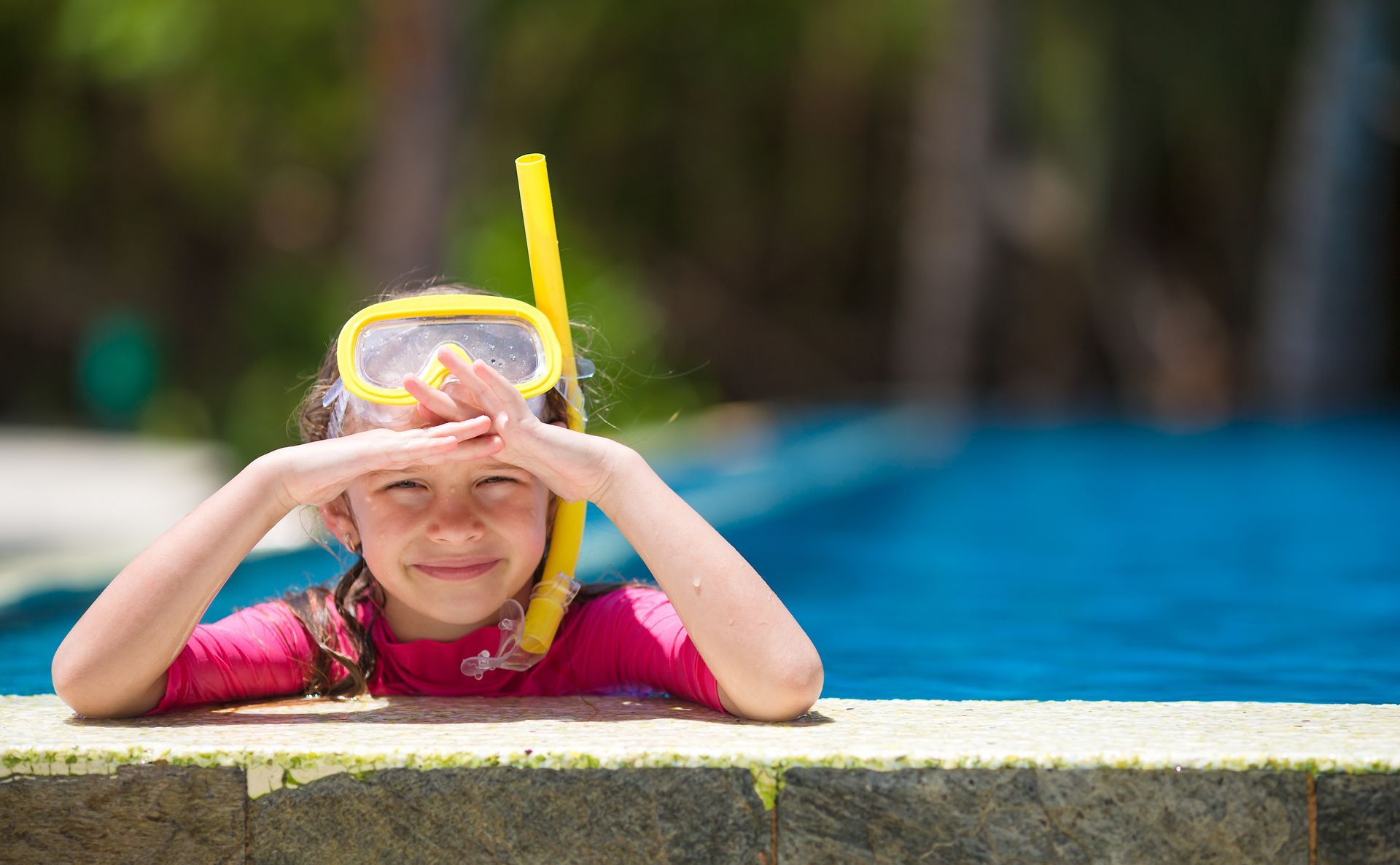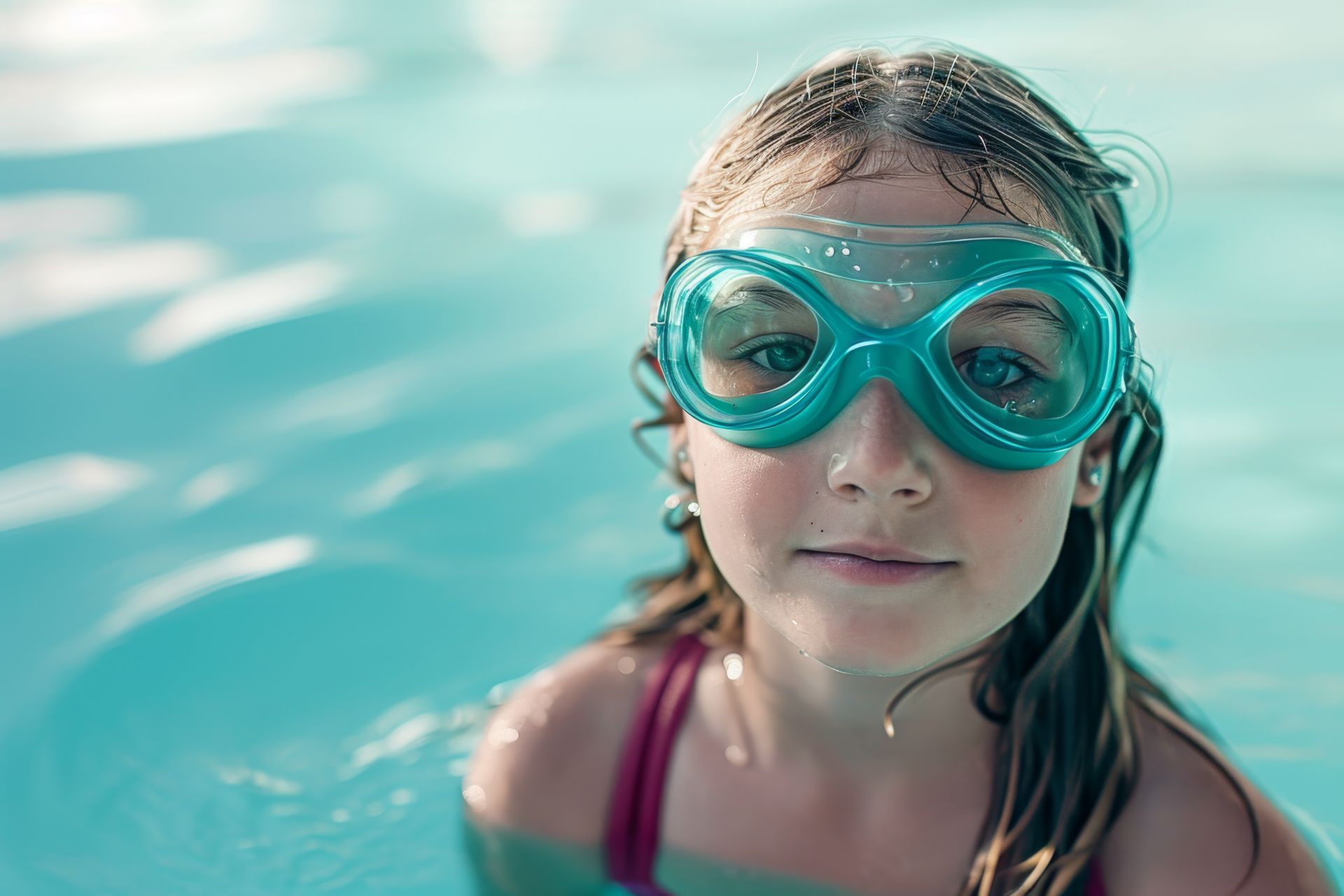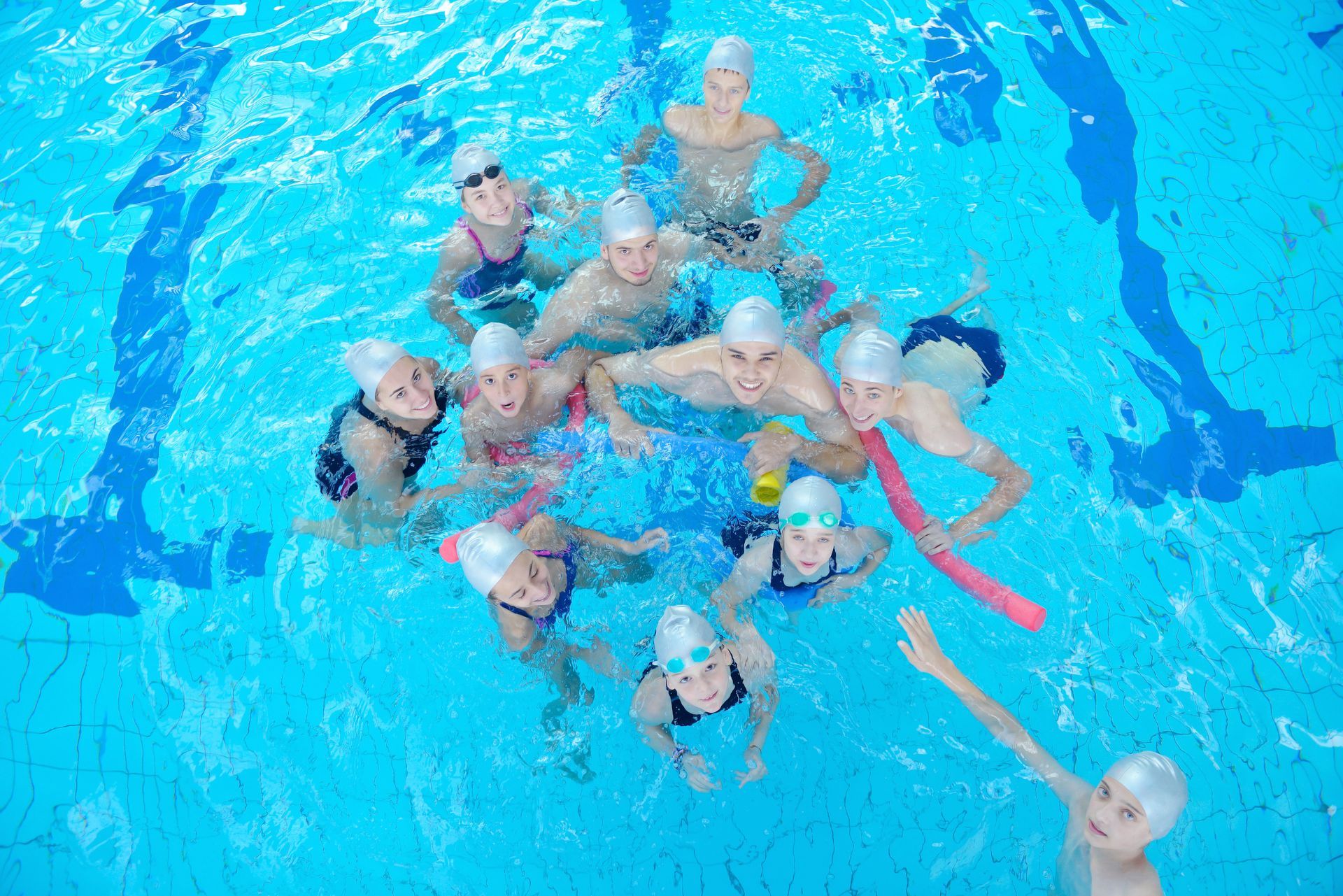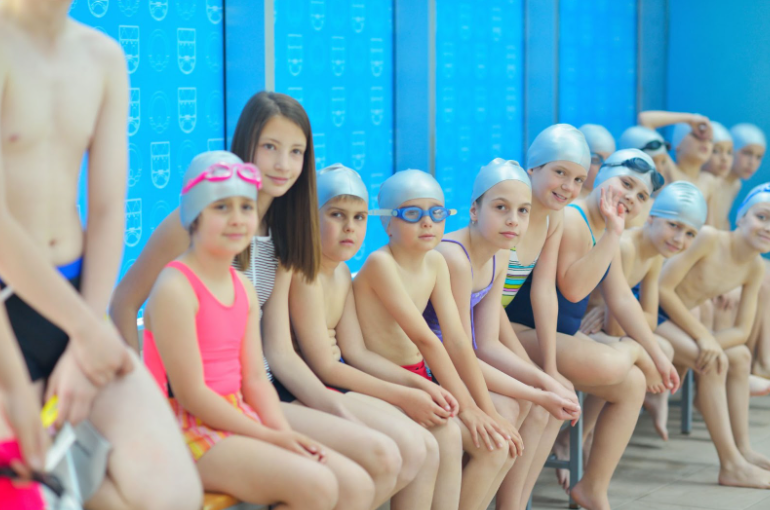Can Swimming Lessons Improve Academic Success?

Can swimming lessons improve your math score?
It seems like a weird connection to make, but swimming lessons and other forms of physical activity actually improve children’s development in many important areas, helping them with school readiness and bolstering their academic success.
Researchers hypothesize that the sense of achievement children feel from participating and improving in physical activities such as swimming is what motivates them to do their best in school as well. “The chance of experiencing success in sports raises pupils’ confidence and self-esteem,” says Dr. Emily Tanner, lead investigator of a study conducted by NatCen Social Research. “Activities like after school clubs can help a child value school in a new way and establish stronger relationships with staff.”
Social skills were also improved, which helps to give kids a positive school experience, making them want to do their best in school.
Studies have shown that kids who participate in organized sports and other forms of physical activity are 1.5 times more likely to have higher grades in math by the end of elementary school. Those who participate in swimming, in particular, tend to be developmentally ahead of their counterparts who don’t. In a study out of Australia’s Griffith University , children who swam scored significantly higher in a number of categories that are critical for starting school–-language development, physical development, and cognitive development. They had better visual-motor skills like coloring, drawing lines and shapes, and cutting paper, as well as improvements in many mathematical tasks.
Language Development
Language is what allows us to communicate. It’s an essential life skill that begins developing before a child can even speak , such as an infant crying to get fed or changed. Contrary to popular belief, language is not synonymous with speech. It involves understanding an array of social standards, and the ability to pick up on the meanings behind words, put words together in a way that makes sense and communicates needs, and comprehend information coming from others. Language skills are necessary for children to be able to relate to their peers, parents, and teachers.
Physical Development
This includes not only physical growth but also the ability to effectively use the muscles and body parts that develop for particular skills. Typically gross motor skills (large muscle movements) are developed first, such as walking and running, followed by fine motor skills, such as writing and cutting. These motor skill milestones are crucial when children are young, as they are building a foundation upon which any future physical skills will rest. It should come as no surprise that participation in organized physical activities such as swimming will aid a child’s physical development , but its importance cannot be overstated.
Cognitive Development
Basically, cognitive development entails a child’s learning process–learning to think consciously, solve problems, and reason. Typically, most preschoolers are starting to ask questions about the world around them and develop their own understanding of how it works. They learn best by playing, listening, watching, and doing things on their own.
With this in mind, it makes sense why engaging in swimming and other sports would foster cognitive development. Participating in sports requires paying attention, listening to directions, asking questions, and watching examples–all things that are part of cognitive development.
Taken together–language, physical, and cognitive development–these three things are the primary facets of school readiness. And the more ready a child is for school, the more successful they can be once they get there.
Set your child up for success by signing them up for swimming lessons with Swim Jim!
The post Can Swimming Lessons Improve Academic Success? appeared first on Swim Jim.







